The Master of Corra Linn
On, or just before 7 December 1837, Henry Nickolls, master of the Corra Linn estate on the Patterson Plains, was punched in the head by a newly-assigned employee and warned by him that “there was more where that came from”. Which is something of an inversion of the typical master / servant relationship.
This is only one possible interpretation that the historical record allows… but it’s how I’d like to imagine the confrontation between Nickolls and convict James Dyson played out. It makes for a more lurid opening line than “Assaulting and Threatening Violence to his Master” which is as close to an accurate translation as can be gleaned from James Dyson’s surviving Convict conduct record generated for his time in Van Diemen’s Land.
Dyson was immediately sentenced by the police magistrate at Evandale to six months hard labour on the roads at the Kings’ Meadows Convict Station (where Dyson most absolutely positively wore one very stylish hat).
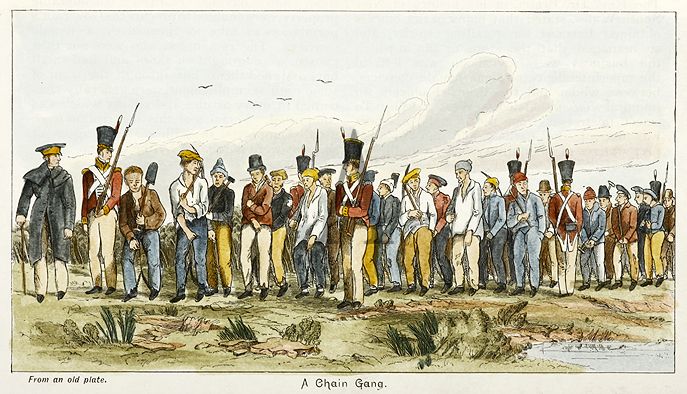
But who was Henry Nickolls, about whom Dyson made a judgement call that it was better to spend the six months in a road gang than have to endure any more than three days with him as a master?
Henry Nickolls, Esq.
Was born in Little Stukely, Huntingdonshire (now part of Cambridgeshire) towards the end of the year 1793. Aged 33, he married 29 year old Charlotte Wilkins on 23 August 1826. Next month, the newly-weds sailed from London to Van Diemen’s Land on the ship Admiral Cockburn, arriving in Hobart on 14 February 1827.
Nickolls was sent out by two gentleman brothers to manage and farm on their behalf the extensive properties they had acquired in the Colony. Their names were…
JFC!
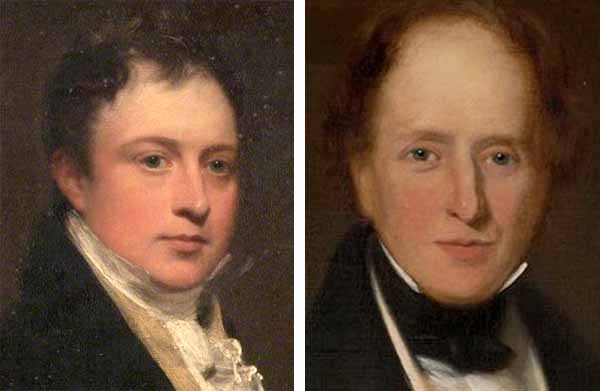

Wikipedia page for Sir John Owen (Bart)

Australian Dictionary of Biography entry for Edward Lord
These two “gentlemen” — a politician and soldier respectively, were brothers. Sir John changed his name so he could inherit a prosperous estate in Pembrokeshire with a baronetcy attached. This estate in Wales (the old one, not the New South one) was named Orielton. He also inherited a seat in parliament as part of the deal.
Edward Lord had once been a soldier of the officer class. He was kicking around Van Diemen’s Land since the time of the original British incursion. He had even been an acting-Governor briefly back in 1810 when his most notable act in office was burning all the incriminating documents from his predecessor’s reign. He was hated by his peers, but having a politician brother who was now a minor aristocrat meant they both wangled some of the choicest land grants in the Colony along with the worst of them.
The brother’s estate of Orielton in Van Diemen’s land, near the town of Sorrell, seems to have been run productively by Nickolls. Nickoll’s speciality was cattle and horse breeding. The issues that eventually arose between he and his employers might have been due to his one absentee boss needing more and more money to fund his political habit. (Owen was gobsmacked his constituents keep fielding alternate candidates against him at election time just because he didn’t represent their interests). Richard Lord on the other hand, was probably just being a ruthless arsehole.
Whether Nickolls was replaced voluntarily or otherwise as agent for Owen and Lord is not clear. However from 1 September 1831, it was Alexander Goldie now in charge at Orielton and the brother’s other interests, with the mandate to wring as much cash out of the cows for his employers as possible.
Alexander Goldie has his own Australian Biographical Dictionary entry.
Nickolls was also of the gentlemany class. While still working for Sir John Owen (Bart), he made successful application for land grants on his own account despite merely being a well-paid employee for Sir John. He was also appointed a Justice of the Peace by the Governor very soon after his arrival, which is a mark of some esteem from a soldier for someone who only obvious connection with soldiering was as sometimes-agent to someone no-one trusted.
Nickoll’s initial land grant was for 2000 acres in the Brighton district in 1828. He next applied for 2500 acres more in the Morven District near the South Esk River during 1833. “Corra Linn” is located by the North Esk in the same district, so if this is not a typographical error, and his application really was approved — the latter may be the land near the town of Longford where he finally resided.
His first attempt at free enterprise, after separating from Owen and Lord, was winning a tender to provide a mail service between Hobart Town and Launceston. — Entirely on horse back. He purchased six used saddles from the government for the purpose. But the gloomy prediction of one of the Launceston newspapers proved prescient —
We have already stated that Mr. Nichols has obtained the contract for the conveyance of the mail throughout the Island. It is taken at £990, ferries free, and commences on the 2nd June. We wish him success. Individuals who by any means benefit the community are justly entitled to their earnings, but we fear that the present most infamous state of the roads, and want of bridges, are more likely to ruin a contractor than to put money in his pocket. The present system of colonial government is altogether bad, and until the desired change takes place, but little good may be expected by the community.”
The Independent (Launceston, Tas. : 1831 – 1835) 12 May 1832 page 3
We can probably assume that Henry Nickolls lost his deposit.
He was in government service as the Commandant of Flinders Island between September 1834 and November 1835. He was not ruling another convict establishment, although none of the 134 or so inhabitants under his management were free to leave.
They were as many of the First Nations peoples in British occupied Van Diemen’s Land as could be captured alive after the genocidal war of conquest of their land. It was not identified as such in the terminology of the day, but Henry Nickolls was Commandant of one of the world’s first concentration camps. By the time this settlement was abandoned in 1847, only 47 Palawa still left alive.
He next turned down further government employment as a manager on the Launceston docks. When he also appeared to reject an official appointment at Circular Head with the VDL Company (where his nemesis Alexander Goldie was once employed), that government was through with him.
He had attempted to pressure the administration by name dropping all the worthies he was writing to back in Britain to lobby on his behalf. Being written to sternly by Lord Fitzwilliam and the Bishop of Chichester was not enough to sway the Colonial Secretary. The regretful notation on his letter of pleading reads-
I wish I could do something for Henry Nickolls but alas I cannot.
Instead, one year later (or by January 1837 at the latest), Henry Nickolls was in residence at Corra Linn.
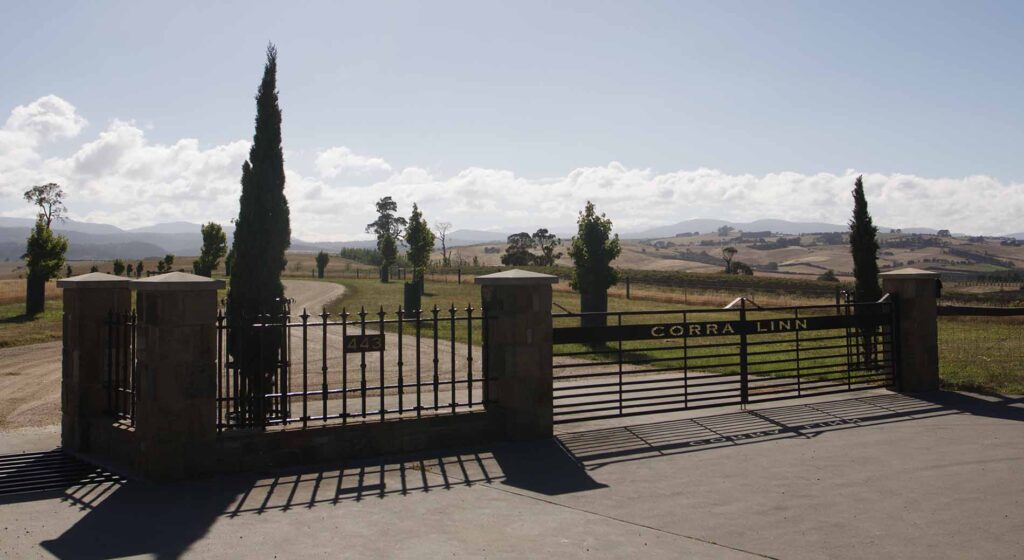
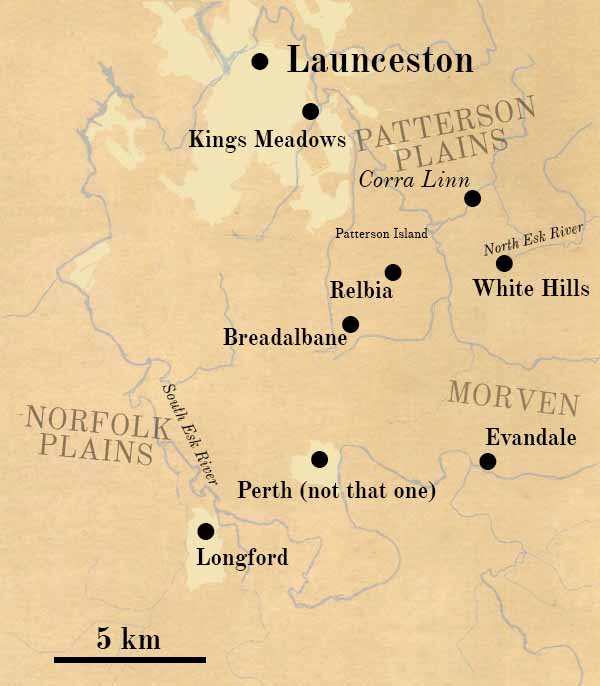
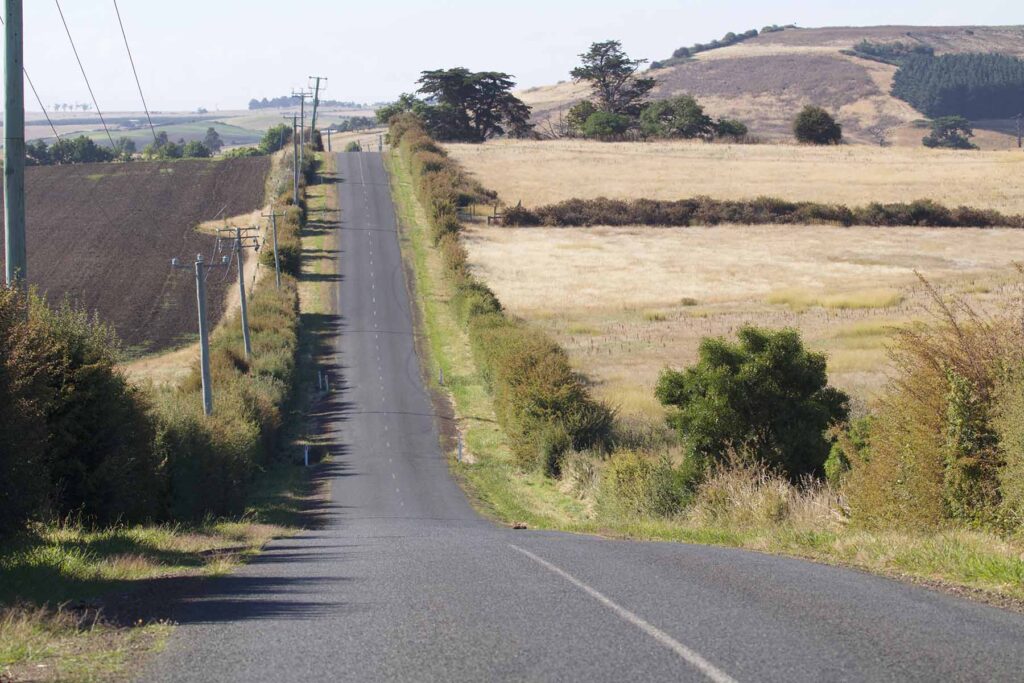
Corra Linn / Corra Lynn
The land around the North Esk river known as Patterson Plains also was the location of government stockyards acquired by Lieutenant David Rose after he retired from the army in 1814. There is a waterfall and gorge on the North Esk river adjacent to the property that resembles (somewhat) one from his native Scotland.
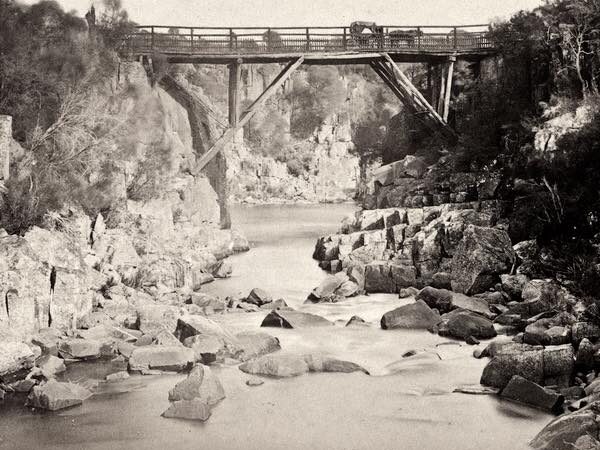
Lt. Rose dropped dead in 1826, “hastened by a wound from a dog bite” according to his Australian Biographical Dictionary entry.
The heir to his estate seems have been Alexander Rose, a nephew. It must have been he, a decade later, who leased some of that land to Nickolls. The Rose family retained other portions of the inheritance to work themselves, so Henry Nickolls next did his bit for neighbourly relations by taking Alexander to court over a barn that he commissioned him to complete which did not live up to his gentlemanly expectations.
… At the instigation of Mr. Home, the witness, Gardiner, was asked how wide the spaces were between the logs, to which he answered that towards the ground they were not wider than to admit a man’s arm, but they encreased towards the top.
“SUPREME COURT—CIVIL SIDE.” The Cornwall Chronicle (Launceston, Tas. : 1835 – 1880) 13 January 1838 page 1
Mr. Home — Cannot pigs get in ?
Witness— Not unless they were to FLY !
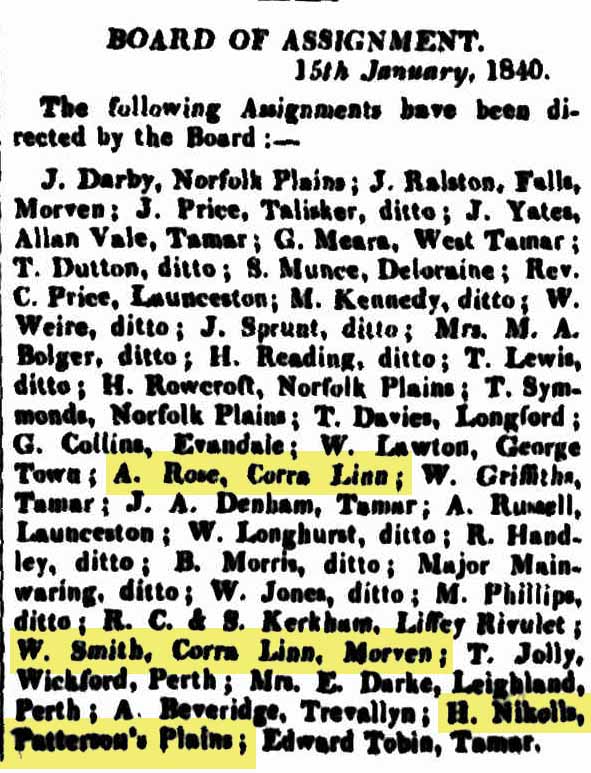
Henry Nickolls was out of Corra Linn by January 1840, but was still a presence in the district. Then Alexander Rose and his family departed Van Diemen’s Land for a few years and the next time Corra Linn is up for rent, a Mr Gilles of Sandhill is managing the deal.
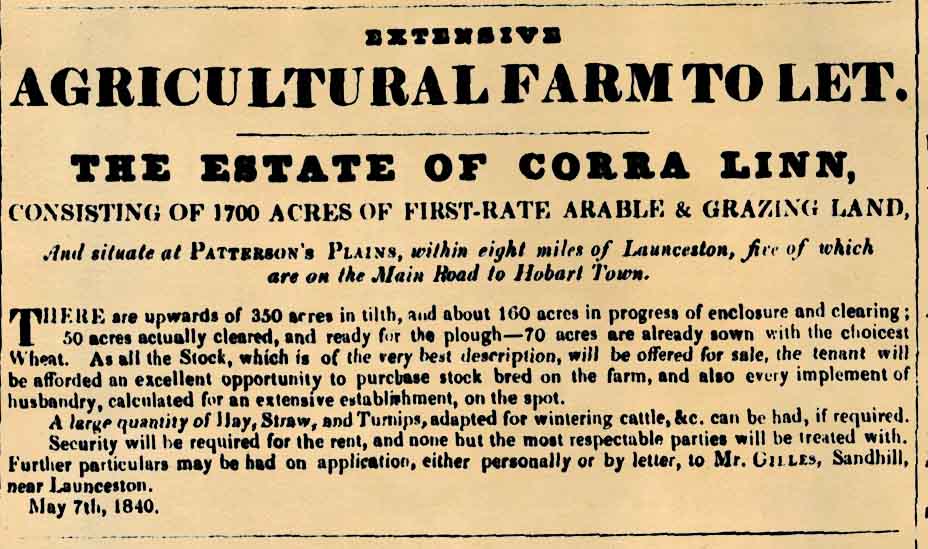
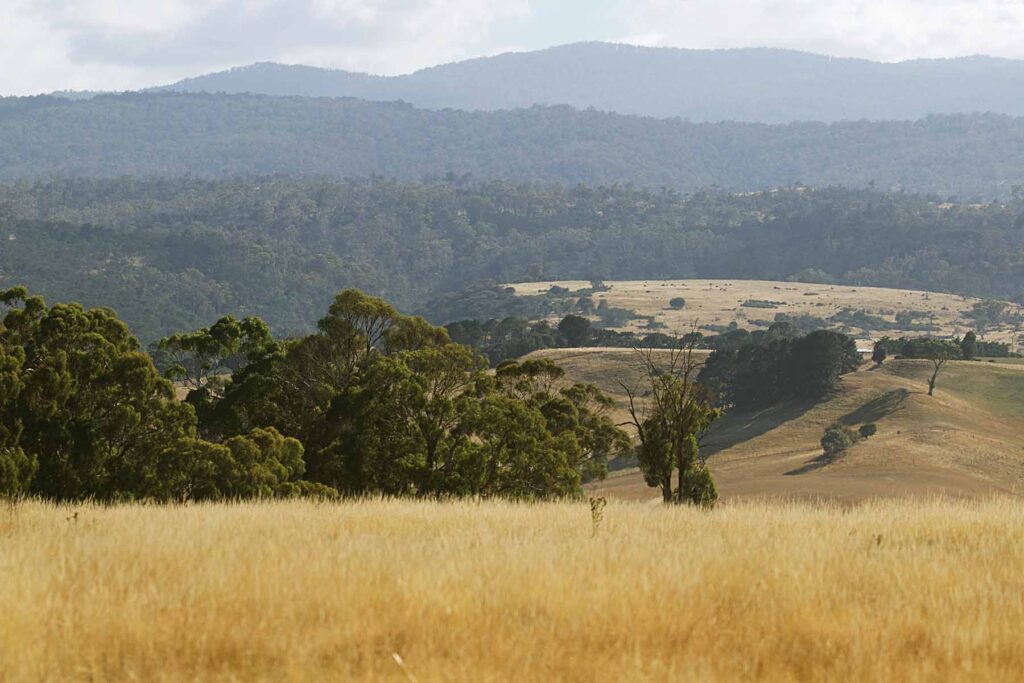
There is ‘nary a peep out of Henry Nickolls Esquire for some time until:—
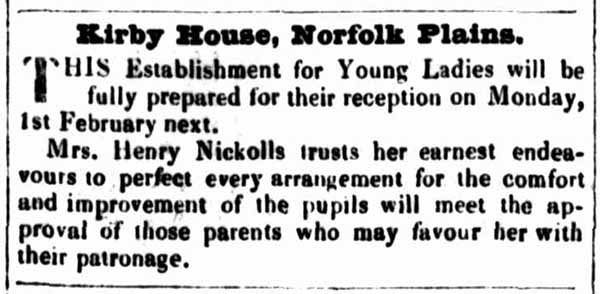
There are really only two ways of interpreting the situation when the wife of a gentleman goes very suddenly into business on her own account during this era. Either she has suddenly come into some wealth that her genteel husband has no access to, OR the couple’s finances have deteriorated so badly that he had to send the missus out to work to keep cigars and cognac on the table.
Henry Nickolls, Esquire, now of the town of Longford in Norfolk Plains district, placed himself into voluntary administration for insolvency on 18 July 1842.
Under the Insolvency of Mr. Henry Nickols, of Norfolk Plains, and by order of John Atkinson, Esq., Assignee.
Launceston Examiner (Tas. : 1842 – 1899), 3 September, p. 5
TO BE SOLD BY PUBLIC AUCTION,
By Mr. B. Francis,
On the premises at Norfolk Plains, on THURSDAY and FRIDAY, the 15th and 16th September, at twelve o’clock precisely,
TWELVE FRENCH BEDSTEADS,
Chintz and dimity furniture
Wool mattresses
Feather beds and bedding
Rosewood, loo, telescope, and dining
tables
Cheffioniers, sofas, couches
Sets of chairs, plate, linen
China, glass
And 150 volumes of sundry books
Fourteen capital milch cows
Thirteen steers and heifers
Six working bullocks
One Hereford bull
Two useful saddle horses
One jaunting car
Sets of harness, &c.
ALSO,
All the farming implements
A strong bullock cart
One horse cart
Ploughs, harness
Dairy utensils
And numerous other effects.
The auctioneer particularly calls the attention of gentlemen and others to the above furniture, the whole being of a very superior order, and nearly new. The cattle have been selected with care, and known to be first class.
TERMS — Under £25, cash ; above that sum,
an approved endorsed bill at 3 months.
The Nickolls family lost their bedsteads but kept their house. Not much is heard from Henry Nickolls in the newspapers after that. He was presented to the Governor at a Levee held in Launceston during 1843. He resigned as a Justice of the Peace the same year, then tried his luck again with the Government for work, applying for a paid appointment in the Convict Department at Launceston. He also applied for a magistrates’ gig in his old stomping ground back in Sorrell in 1850.
By now, the next generation of his family were emerging into public view when his son Henry Berkeley Nickolls was appointed postmaster to Bishopsbourne, a locality east of Longford in 1849.
Henry Nickolls died at Longford 30 December 1872, aged 78.
Nickolls seems to be both the historically correct and the preferred spelling of his family name, however, every other permutation (Nickol, Nicholls, Nichols) will appear somewhere in relation to this individual or his family. Henry and Caroline did have children, a distressingly large number of then died in infancy during their years at Corra Linn.
He is not to be confused in the historical record with a Henry Nickolls, farmer of Brighton, Tasmania who died in 1885, or the convict named Henry Nickolls who arrived on the convict transport Moffatt, (but a later voyage than the one that brought James Dyson to Van Diemens’ Land!)
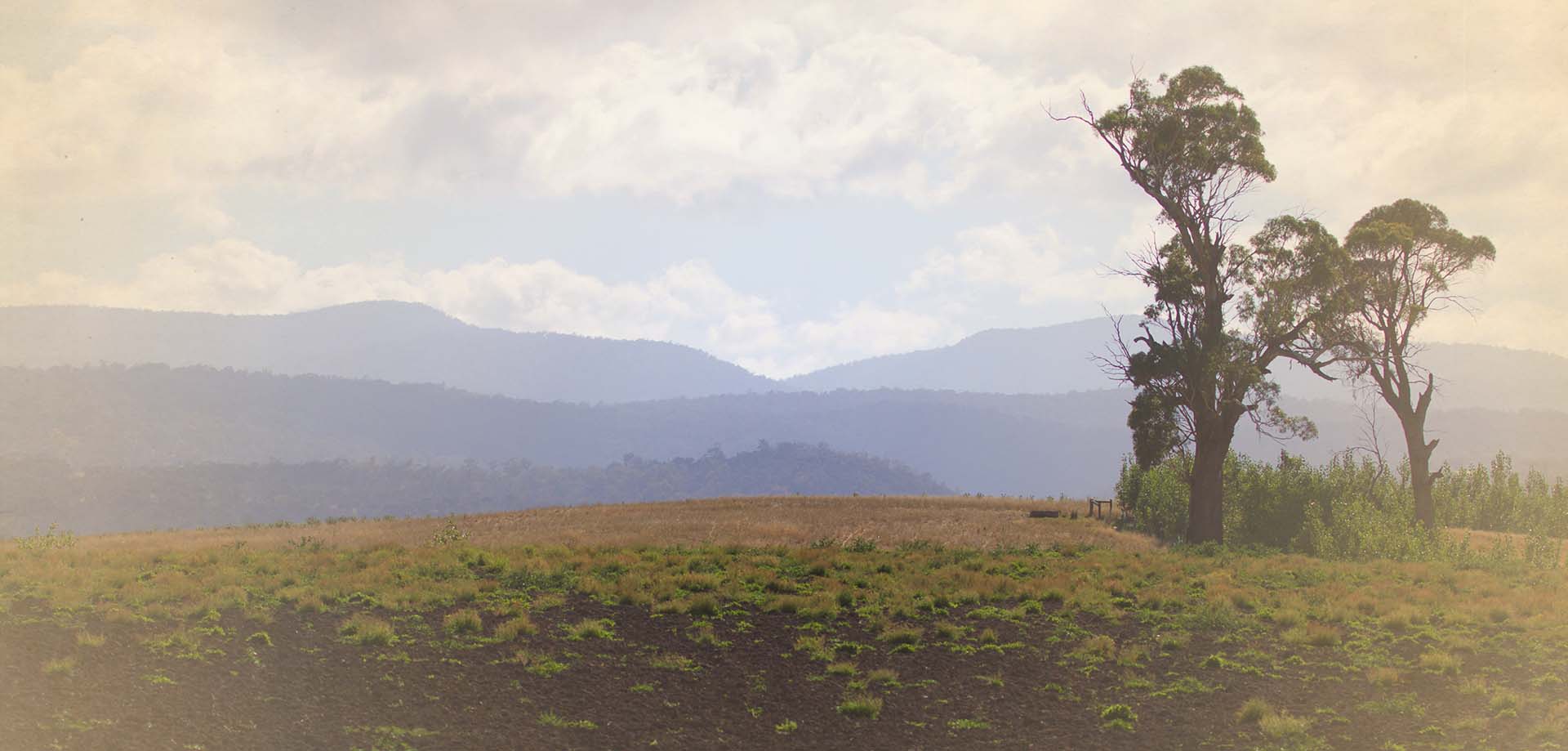
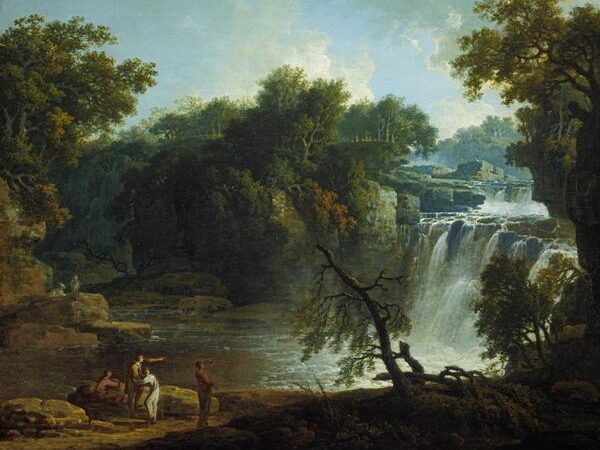
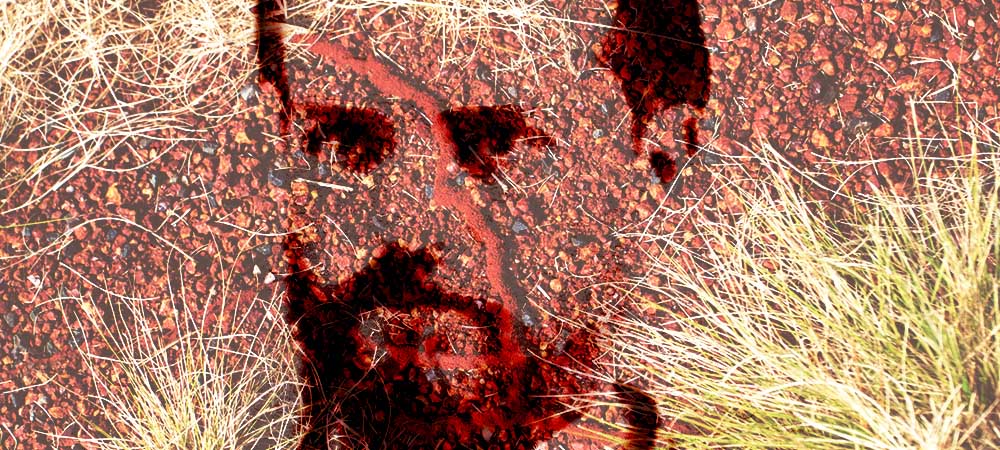
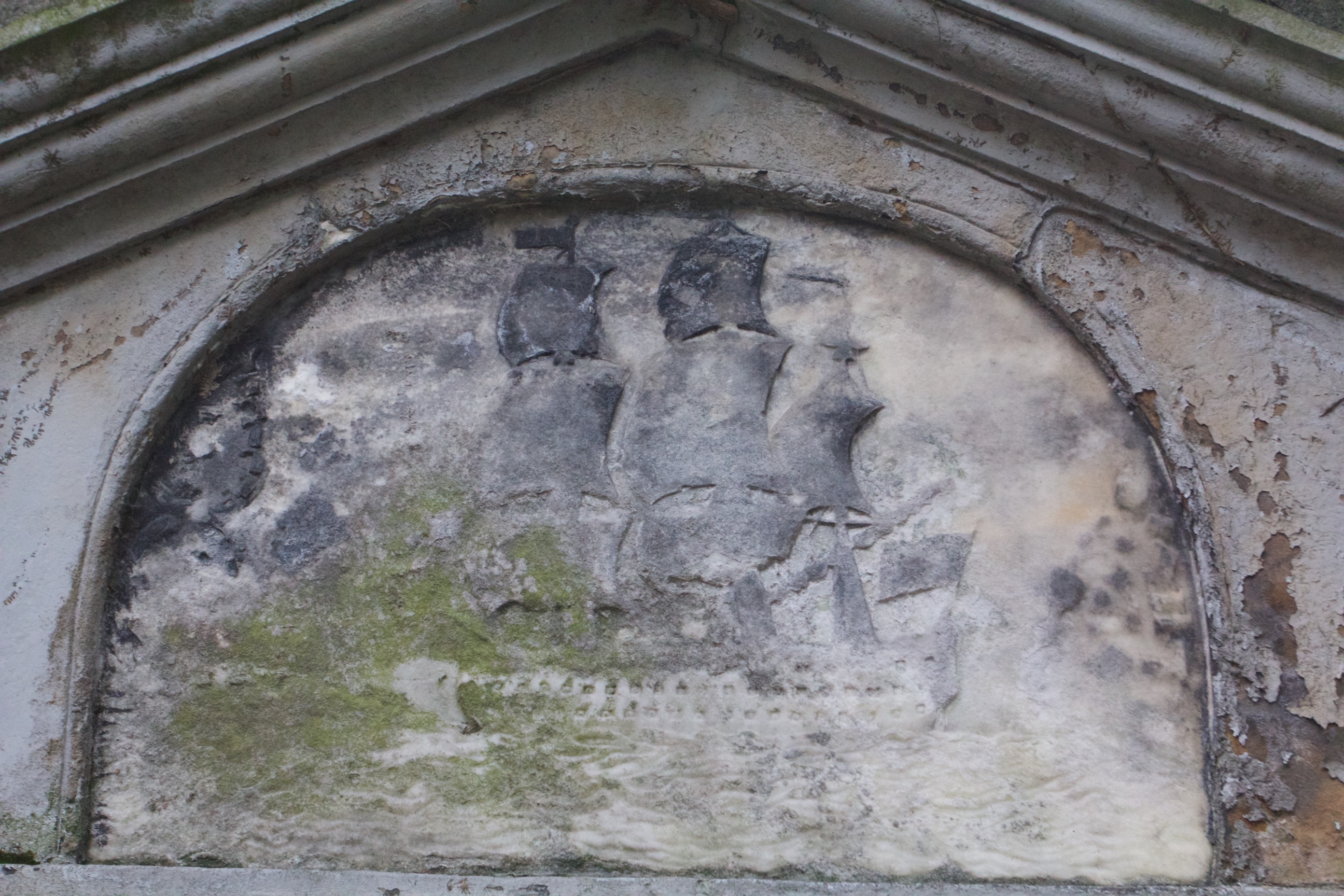
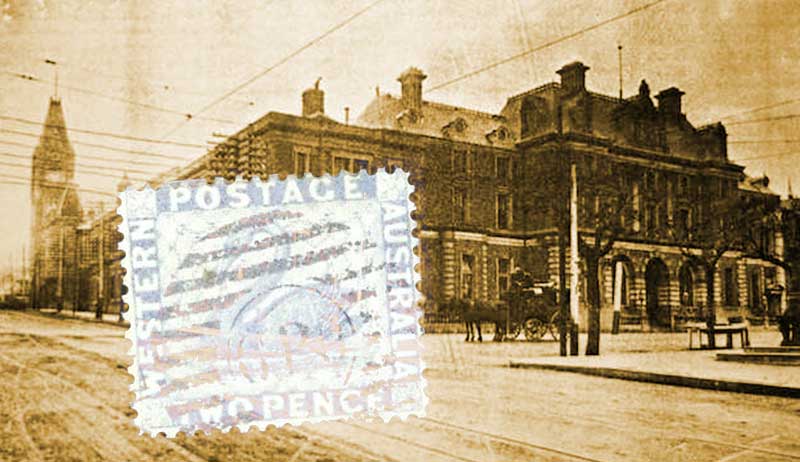
Thanks for an interesting article as Henry Berkeley Nickolls was my great grandfather. His son, Edward Nickolls was my grandfather. He was married to Margaret Nickolls (one of 12 children), whose maiden name was Pegler. Her dad was Augustus Henry Pegler, manager and part owner of Milo Station.